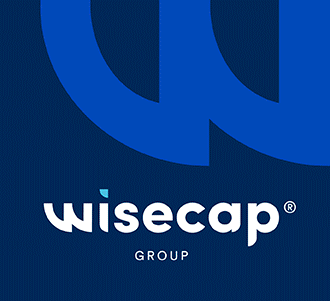In June 2019, the European Union published Directive 2019/904 on the reduction of the impact of certain plastic products on the environment. Among other things, this calls for a circular approach to be taken to dealing with single-use beverage packaging made of plastic and in particular the packaging caps, as these often end up in the environment as separate waste. The directive requires the lids and caps of bottles and composite packaging with a capacity of up to three litres to remain firmly tethered to the containers for as long as they are used. The EU member states are required to implement corresponding regulations by July 2024 at the latest.
New solutions needed
The statutory requirements mean the manufacturers are having to have a rethink, as the new caps have to be compatible with the existing types of bottle mouth on the one hand, while meeting the consumers’ need for a practical, convenient and high-quality solution on the other. Until now, though, cap design has both literally and figuratively been ‘detached’ from the actual packaging itself. It has been guided by the standards applicable for off-the-shelf screw caps and pressure caps. But now individual packaging designs have to be taken into account too, in order to keep the solution user-friendly. This means entirely new cap models need to be developed.
Cap solutions from ALPLA
The Relax and Soul designs now being offered by ALPLA meet the requirements made in terms of sustainable and functional cap solutions. The following applies in both cases:
- No additional material is needed for their manufacture compared with conventional caps.
- The caps remain firmly tethered to the beverage packaging for the entire life cycle from manufacture to disposal and do not therefore generate any separate waste.
- There is no need for technical modifications to or additional investments in the existing bottling lines.
- They can be used on various packaging sizes.









